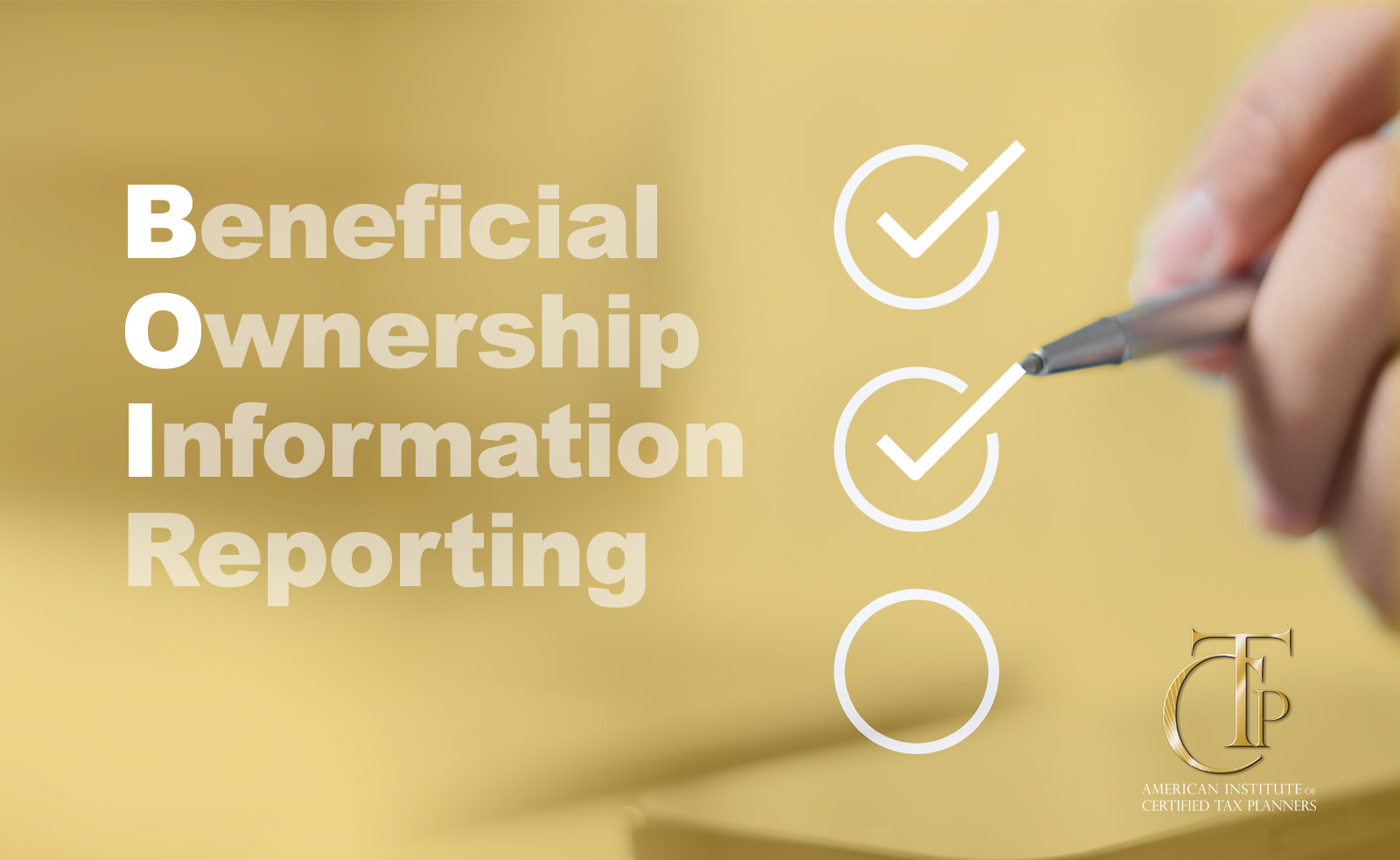As the new year begins, small business owners are likely focused on coming out of the gate strong, ready to tackle new revenue goals or even prepare for the 2024 tax season. Amid the hustle, the new reporting requirement from the Financial Crimes Enforcement Network (FinCEN) may come as a sudden surprise. The goal of the Beneficial Ownership Information Report is to foster more transparency, so the U.S. government can more easily trace financial sources. Smaller businesses in particular can sometimes function as screens for illicit activity, but by collecting information on those who control these businesses, the government intends to crack down on bad actors.
Who Has to File a Beneficial Ownership Report?
First, business owners will need to determine if this new requirement applies to their particular business. All types of entities will be required to submit beneficial ownership information (BOI). The key factor is whether that entity is registered with a state secretary or a similar office. The same rule applies to foreign entities—even if that entity was originally formed abroad, if they had to register in the U.S. to do business here, they must also submit a BOI report.
Which businesses are exempt? Publicly traded companies will not be required to file the new BOI report, since they are already required to disclose all the same information through the SEC. The same is true for banks, credit unions, and tax-exempt organizations, since their regulatory compliance requirements already require them to submit the same data.
Large operating entities are also exempt. To qualify for this exemption, organizations must have over 20 U.S. employees, more than $5 million in annual gross revenue, and a physical U.S. presence.
When Will Businesses Have to File Their First BOI Report?
This new rule will impact existing small business owners differently than those looking to establish a new business in 2024. Businesses that are created on or after January 1, 2024 but before January 1, 2025 will have to report their BOI within 90 days of registering the new entity. This is an extended deadline from the original 30 days—which will be the turnaround time for entities created on or after January 1, 2025. Existing businesses will have until January 1, 2025 to file their BOI report.
This rule also applies beyond these initial filing deadlines. Businesses are also required to report BOI within 30 days of any changes or if inaccuracies are discovered. Say, for instance, that your business has taken on a new partner who is from outside of the U.S. Your company must file a new report within 30 days of that change.
What type of information will businesses have to report?
First of all, you will only need to collect data on beneficial owners. FinCEN defines a beneficial owner as an individual who either directly or indirectly exercises substantial control over the company or who owns or controls at least 25% of the company’s ownership interests. What constitutes substantial control? FinCEN offers four different ways that an individual can fit in this category:
- They are a senior officer at the company
- They have authority to appoint or remove certain officers or a majority of directors
- They are an important decision-maker for the company
- They have any other form of substantial control over the company (see FinCEN’s Small Entity Compliance Guide for more details)
Once you have determined who counts as a beneficial owner, you will need to compile this information:
- Company details like the company’s name, business address, jurisdiction of formation, and tax identification number (TIN)
- Beneficial owner information like identification documentation, full legal name, date of birth, and residential address
The forms for reporting BOI have not yet been released, but these are the details businesses should expect to collect in preparation. The forms will also allow you to indicate if you’re unable to obtain required information—for instance, if a beneficial owner does not have a FinCEN ID or you don’t know their date of birth. You will also be able to indicate if you have a beneficial owner that is a minor. You will then have the option to report the parent or guardian’s information instead.
Be warned that those who fail to submit their BOI reports will face significant penalties. The fines for noncompliance can be up to $10,000. For every day your report is late, the daily penalties are $500. Unpaid fines can lead to jail time of up to two years.
Summary
As the Corporate Transparency Act goes into effect, businesses need to be prepared for the new requirements. Submitting a Beneficial Ownership Information Report should be a fairly straightforward process for most organizations. By collecting basic information about the company and its owners, small businesses can comply with this rule and avoid hefty penalties. For expert advice on complying with this and other small-business-specific rules, reach out to a Certified Tax Planner today.







